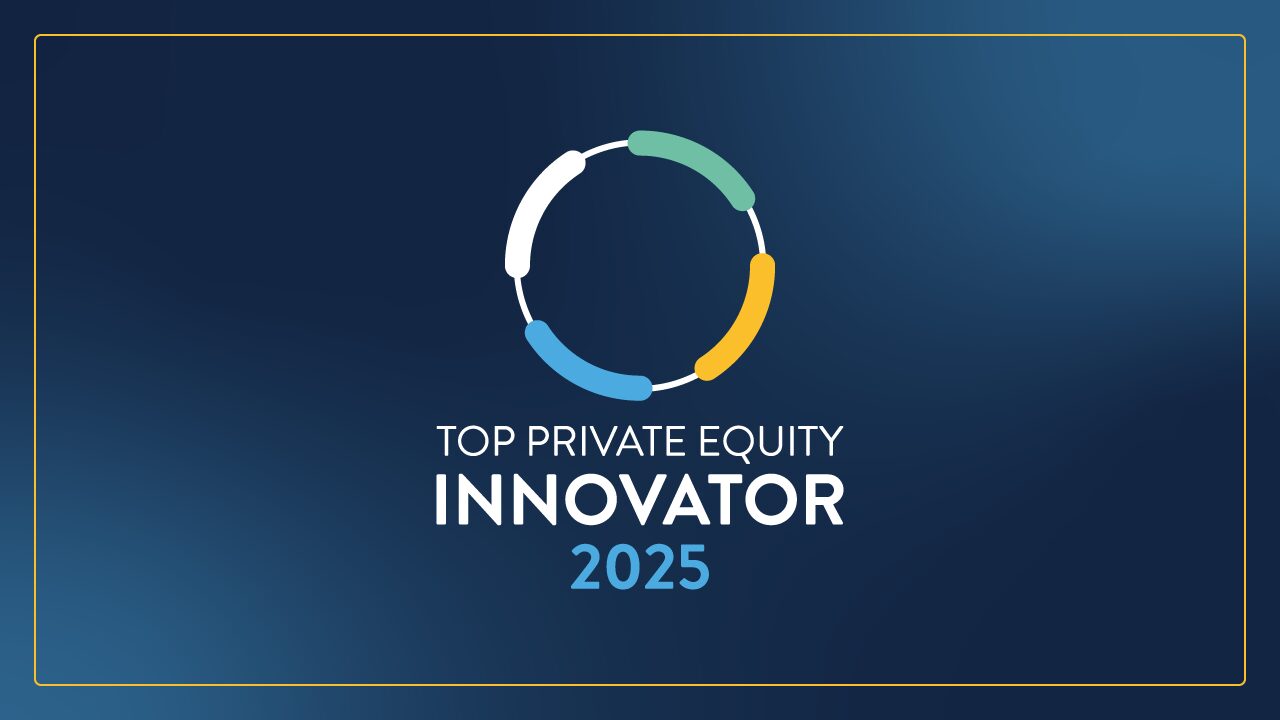What is AI Analytics?
Artificial intelligence (AI) has emerged as a powerful tool for data analytics in the business world.
AI-driven analytics is the use of artificial intelligence and machine learning techniques to analyze and interpret data. It involves the application of algorithms that can learn from data, identify patterns and make predictions or recommendations based on that analysis.
It’s also a way for organizations and businesses to unlock insights and make decisions faster and more accurately than traditional methods.
“When people are thinking about AI, they’re thinking about the sentient robots that play Go and talk to you,” says Mike Datus* of AI Business Analytics, one of our trusted Business Intelligence & Analytics service providers. “Then there’s this other part of the world which is ‘business’ AI or machine learning, which is really using mathematical models to predict things and find really deep patterns.”
Let’s explore the benefits of AI for business intelligence and analytics, the tools available and the role of AI data analysts in modern organizations.

AI Analytics vs. Traditional Analytics
Traditional analytics methods involve using statistical techniques to analyze historical data and identify trends and patterns. But they also have limitations in processing and analyzing large and complex data sets.
In contrast, AI analytics methods can process massive amounts of data in real-time, identify complex patterns and make accurate predictions.
“I think this is something where when we talk about it, the CEOs’ ears perk up,” says Steve Holms, also of AI Business Analytics. “Either because that’s something they thought about, but they thought it was just out of reach, or they’re just like, ‘Oh, I never thought you could do that.’”
AI Analytics Tools
There are several AI analytics tools available for businesses, including IBM Watson Analytics, Google Cloud AI Platform, Microsoft Azure AI and Amazon SageMaker.
These tools, and many others like them, use machine learning algorithms and statistical models to analyze data and provide insights. They also offer features such as natural language processing, data visualization and predictive modeling. They can help organizations improve their decision-making, streamline processes and gain a competitive advantage.
Some of them are proprietary, and only available when you work with an innovative third party.
Datus recalls a food industry client they worked with that reduced shrinkage by 7.5 percent year-over-year.
“What they were traditionally doing was somebody was doing a spreadsheet calculation and looking at the last month and saying, ‘OK, we’re going to do what we did last month,’” Datus says. “But that doesn’t always make sense, because people like making hotdogs in the summer and not in the winter, right? So with an AI model that predicts how much chicken or some food people will want, you can get those numbers dialed in more tightly in simulation.”
READ MORE: What is Centralized Data Management?
They achieved similar results for a private-equity-backed healthcare manufacturing company.
“They make widgets for training doctors and nurses to do hospital procedures,” says Datus. “Because the method before was very traditional, not using advanced mathematics, it could be wildly off, and very often it would get overridden by people’s emotions.”
By giving the AI tools a chance, the medical firm boosted revenue by 5 percent for the year.
Business Intelligence Uses for AI
Lead scoring is one example of how AI analytics can help businesses prioritize their leads and focus on the most promising ones.“How can we help you stack rank all the leads so you can basically work your most promising leads? How do you be more efficient with your sales team?” Holms says.
AI analytics can predict which leads are more likely to convert and provide personalized recommendations to sales teams.
Churn prediction is another example of how AI analytics can help businesses retain their customers.
“What if we can tell you which one of your customers are likely to unsubscribe in the next three months?” Holms says. “Maybe your customer success team should focus on those right away, right? Because it’s a lot easier to prevent a churn than to, once they churn, try to get them back as a customer.”
Demand forecasting is also an essential area where AI analytics can help businesses. By analyzing historical data and market trends, AI analytics can predict future demand and help businesses optimize their inventory and procurement processes. This can lead to significant cost savings and improve operational efficiency.
Datus recalls a time when a skeptical CEO they worked with gave their AI model an opportunity.
“We deployed the AI model, and it predicted a massive spike in demand in the near future. The CEO said, “You know what, I’ll swallow the inventory cost, but let’s produce up to what this AI model says.’ It turns out that spike that the AI model predicted gave them another 5 percent revenue for that year,” Datus says. So that’s the power of these things. If you give it the right data and you build it the right way, it can be more accurate and less biased than traditional analytics.”
READ MORE: The Power of AI, Data Analytics in IT Due Diligence
What is an AI Data Analyst?
An AI data analyst is a professional who uses AI analytics tools and techniques to extract insights from data. They are responsible for analyzing large and complex data sets, developing predictive models and providing recommendations to decision-makers.
AI data analysts should have a strong understanding of machine learning algorithms, statistical modeling and data visualization. They should also have excellent problem-solving skills and the ability to communicate complex ideas to non-technical stakeholders.
READ MORE: Business Intelligence Automation: What is it?
AI Business Analytics is just one of the expertly vetted resources that make up the invite-only Business Builders’ Network.
Our research and operations team is ready to connect your PE firm, portfolio company, or private or public company to a niche-specific third party that can help you get up to speed with a artificial intelligence business analytics.
Whether healthcare, manufacturing, technology, retail or any other data-driven industry we know the resources you need before you even contact us.
*Privacy is important to us. While the source and company name have been changed, these are real quotations from a real service provider in the BluWave Business Builders’ Network.


